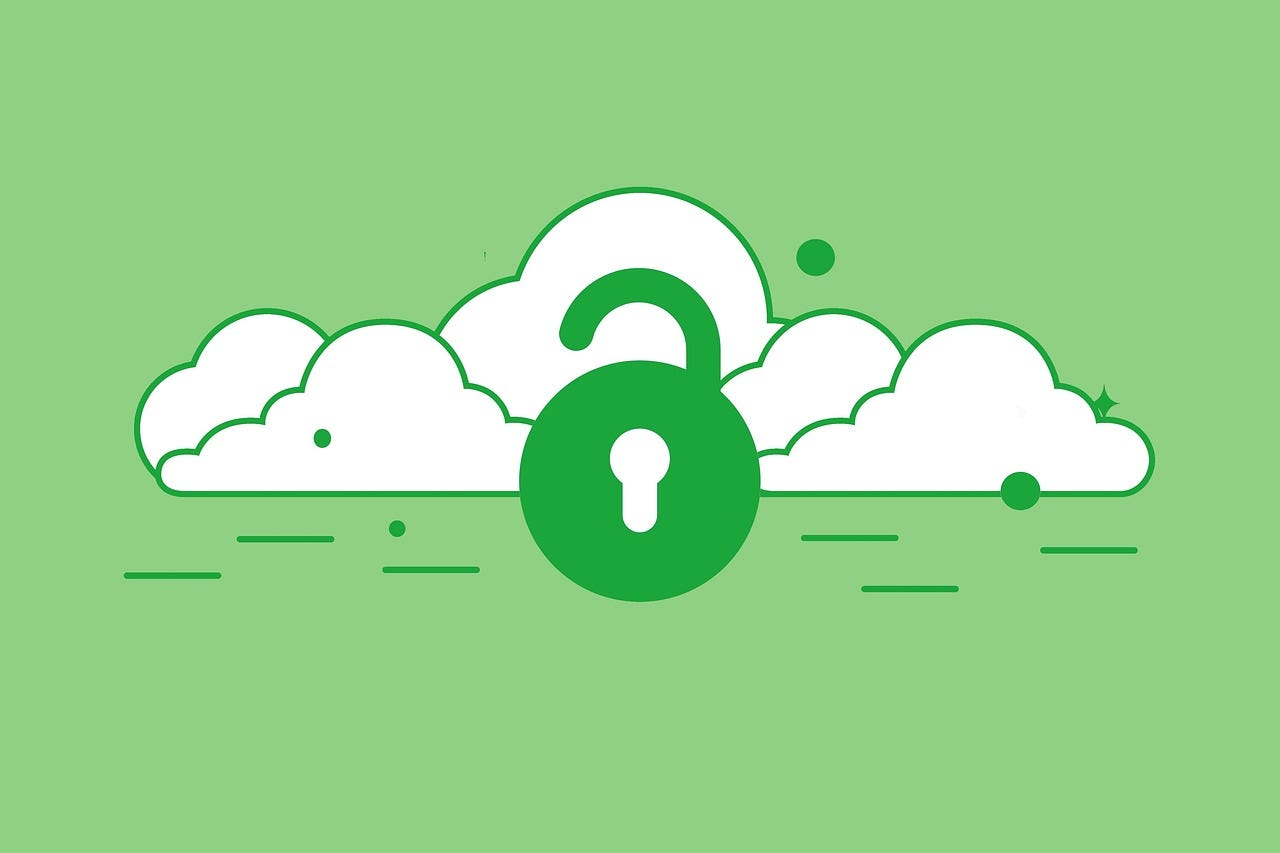Source: pixabay
Maintaining a strong online presence is essential for personal branding, business growth, and social connectivity in today's hyper-connected world. With increasing data breaches and cyber threat reports, many people swing between cavalier disregard for digital security and debilitating anxiety about online risks.
Smart Security Habits From Digital Experts
The most successful online businesses have mastered the convergence of security and functionality. Just like professional gamblers research tips for online casino success before placing bets, the decision to focus on secure payment methods, reliable platforms, and protection of personal information empowers you to approach your broader digital presence with similar strategic thinking.
Online casino platforms teach an invaluable lesson: it is possible to impose rigorous user security measures while maintaining an easy, intuitive experience. You can accomplish this by ensuring that security measures do not paralyze your online interactions and are not hostile through the lens of productivity.
Create Strong Digital Foundations
Start by establishing secure fundamentals that require minimal ongoing maintenance, providing a sense of relief:
- Implement a password management system: Using different complex passwords for each account will reduce your vulnerability, but remembering dozens of passwords is impractical. Password managers like LastPass, 1Password, or Bitwarden generate and store strong passwords, requiring you to remember only one master password. This single change dramatically improves security without adding daily stress.
- Activate multi-factor authentication: Enable multi-factor authentication on the most important accounts (email, financial, social media). While this adds an extra step to login processes, modern authentication methods like biometrics or authenticator apps take seconds and substantially reduce hacking risks. Focus on protecting accounts with personal or financial information first.
- Audit your digital footprint: Your digital footprint is the trail of data you leave behind when using the internet. Understanding what's already visible before expanding your online presence is crucial. Use search engines to discover what information about you is publicly available. Tools like Google Alerts can be set up to monitor your name and send notifications when new content appears. Being aware of this lets you address potential issues before they become problems.
Strategically Build Your Online Presence
With secure foundations in place, expand your digital presence purposefully:
Claim Your Digital Identity
Register your name on major social platforms and professional networks, even if you don't plan to use them immediately. This prevents others from creating profiles that could be mistaken for you. Focus on active participation on platforms most relevant to your personal or professional goals rather than trying to maintain a presence everywhere.
Develop Content Boundaries
Establish personal guidelines about what information you're comfortable sharing online.
Separate content into categories:
- Public (shareable anywhere)
- Professional (for work contexts)
- Individual (for close connections)
- Private (never for digital sharing)
Having clear boundaries eliminates decision fatigue when posting content.
Create Positive Digital Content
Actively contribute quality content related to your interests or expertise. Positive content you control will gradually outrank any negative or incorrect information in search results, whether through a personal blog, LinkedIn articles, or thoughtful social media posts. This proactive approach is more effective than removing unwanted content after it appears.
Implement Regular Maintenance Without Obsession
Sustained digital health requires regular but reasonable attention:
- Schedule digital check-ups. Set calendar reminders for quarterly security reviews. Check privacy settings on social platforms, review connected apps that have access to your accounts, and audit recent account activities for anything suspicious. This structured approach prevents both neglect and obsessive checking.
- Automate protection where possible: Use tools and settings that work automatically in the background. Enable automatic software updates on devices, set up fraud alerts with financial institutions, and use browser extensions that enhance privacy without requiring constant attention. Some tools can automatically alert you if your data appears in known breaches.
- Practice intentional disconnection. Schedule regular digital breaks to maintain perspective. These might be certain daily hours, weekend mornings, or even more extended periods. Creating boundaries between your online and offline life prevents digital concerns from dominating your thoughts and helps maintain a healthy relationship with technology.
Respond to Concerns Effectively
Even with preventative measures, you can encounter some issues. That is why you need to learn how to recognize when concerns stem from specific evidence rather than general anxiety.
Unusual account activity or unexpected password reset emails warrant investigation; vague worries about potential hacking without evidence can trigger excessive anxiety. Responding appropriately to each preserves both security and mental well-being.
Create a simple checklist of steps to take if you suspect a security breach: changing passwords, checking recent account activities, contacting support services, and notifying connected accounts. Having this plan ready prevents chaotic responses during stressful situations.
Recognize when situations require professional assistance. Technical issues might need IT support, persistent anxiety about online safety might benefit from mental health resources, and inevitable security breaches may warrant legal consultation. Being prepared to seek appropriate help prevents problems from escalating.
Maintain Perspective About Digital Risks
Keep online security in proper perspective:
- Understand that perfect security doesn't exist online or offline. Just as you take precautions in physical spaces without becoming housebound, online spaces require sensible caution without paralysis. Accept that minor privacy compromises are sometimes the cost of digital participation while protecting truly sensitive information.
- Direct your strongest security measures toward genuinely high-risk areas. Financial accounts, primary email addresses, and accounts containing identification information deserve robust protection; an account used only to comment on public forums requires less vigilance. This targeted approach conserves both technical and mental resources.
- Focus on creating systems that can recover quickly from problems rather than trying to prevent every possible issue. Regular backups, knowledge of account recovery processes, and maintaining offline copies of critical information create resilience that reduces the impact of potential security incidents.
Building a strong online presence while maintaining digital security isn't about eliminating all risks - it's about managing them effectively.
Comments
Loading comments…
